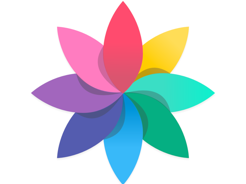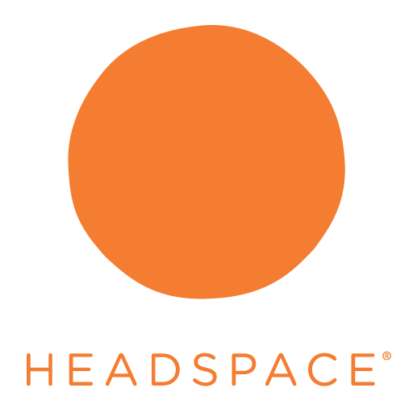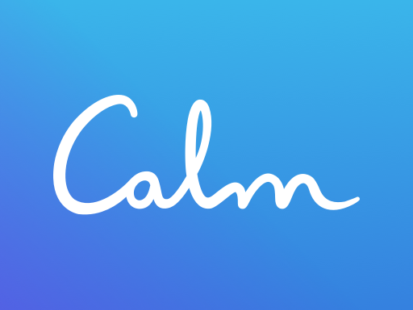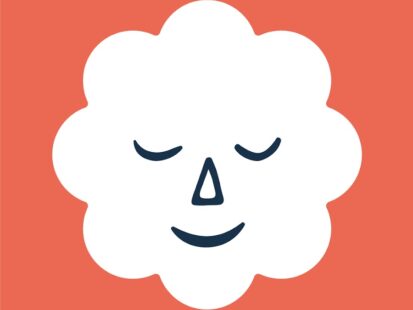DEAR MIND:
please stop
Anxiety disorder is one of the most common mental health concerns
dear mind: please stop
Experiencing anxiety is a normal part of life. Anxiety is one of your body’s natural responses to stress. Occasional anxiety is ok. Persistent and excessive anxiety can be described as worry, panic, fear and apprehension about what’s to come. Think of anxiety as occurring on a spectrum from not at all to extremely severe. When feelings of anxiety and panic interfere with activities of daily living, are difficult to control or are out of proportion to the actual risk of danger, it is important to talk to someone who can help.
Anxiety disorder is one of the most common mental health concerns, with over 40 million adults, 18% of the population in the US, having an anxiety disorder.
- Anxiety disorders affect 25% of youth between 13 and 18 years old. Research shows that left untreated, youth with anxiety disorder are at higher risk to perform poorly in school, miss out on important social experiences and engage in substance abuse.
- Anxiety disorders are highly treatable, yet only 40% of people receive treatment.
- Anxiety disorders develop from a complex set of risk factors, including genetics, brain chemistry, personality and life events.
- Types of treatment that are effective for many people involve a combination of psychotherapy, medication and complementary health approaches, including relaxation, yoga, exercise and avoiding the use of drugs and/or alcohol.
Common symptoms of anxiety:
- Increased heart rate
- Difficulty controlling worry
- Trembling
- Having a sense of impending danger, panic or doom
Coping Strategies
Try these when you're feeling anxious or stressed:
- Take a time-out. Practice yoga, listen to music, meditate, get a massage, or learn relaxation techniques. Stepping back from the problem helps clear your head.
- Eat well-balanced meals. Do not skip any meals. Do keep healthful, energy-boosting snacks on hand.
- Limit alcohol and caffeine, which can aggravate anxiety and trigger panic attacks.
- Get enough sleep. When stressed, your body needs additional sleep and rest.
- Exercise daily to help you feel good and maintain your health. Check out the fitness tips below.
- Take deep breaths. Inhale and exhale slowly.
- Count to 10 slowly. Repeat, and count to 20 if necessary.
- Do your best. Instead of aiming for perfection, which isn't possible, be proud of however close you get.
- Accept that you cannot control everything. Put your stress in perspective: Is it really as bad as you think?
- Welcome humor. A good laugh goes a long way.
- Maintain a positive attitude. Try to replace negative thoughts with positive ones.
- Get involved. Volunteer or find another way to be active in your community, which creates a support network and gives you a break from everyday stress.
- Learn what triggers your anxiety. Is it work, family, school, or something else you can identify? Write in a journal when you’re feeling stressed or anxious, and look for a pattern.
- Talk to someone. Tell friends and family you’re feeling overwhelmed, and let them know how they can help you. Talk to a physician or therapist for professional help.
Please note: Online screening tools are a quick overview of common symptoms and are not used alone to make a diagnosis. To discuss the results of a screening tool, please schedule an appointment with a healthcare or behavioral health professional.
Resources and Tools

Evernote
Use it for notes, journaling or organizing your thoughts and feelings. App features audio journaling, dictation and notebook options.

Breathe Ball
Now you can relieve stress and anxiety, soothe the symptoms of COPD and Asthma, lower high blood pressure and overcome sleeplessness with four easy breathing exercises. What might sound too simple to be true, is actually based on latest scientific research and is used to treat patients at rehab facilities and in clinical environments.Download

Headspace
Learn the life-changing skills of meditation in just a few minutes a day with Headspace. Find hundreds of sessions on physical health, personal growth, stress management, and anxiety relief. They are all designed to help you stress less, focus more, and feel better. Download Headspace to meditate anywhere, anytime and start living a healthier, happier life.

Calm
Calm is a leading app for meditation and sleep. Join the millions experiencing lower stress, less anxiety, and more restful sleep with our guided meditations, Sleep Stories, breathing programs, masterclasses, and relaxing music. Recommended by top psychologists, therapists, and mental health experts.

Stop, Breathe, Think
Learn the life-changing skills of meditation in just a few minutes a day with Headspace. Find hundreds of sessions on physical health, personal growth, stress management, and anxiety relief. They are all designed to help you stress less, focus more, and feel better. Download Headspace to meditate anywhere, anytime and start living a healthier, happier life.

iMoodJournal
This beautiful app is an ultimate mood journal, personal diary and charting tool. It will help you discover causes of your ups and downs, and get surprising insights into yourself!
